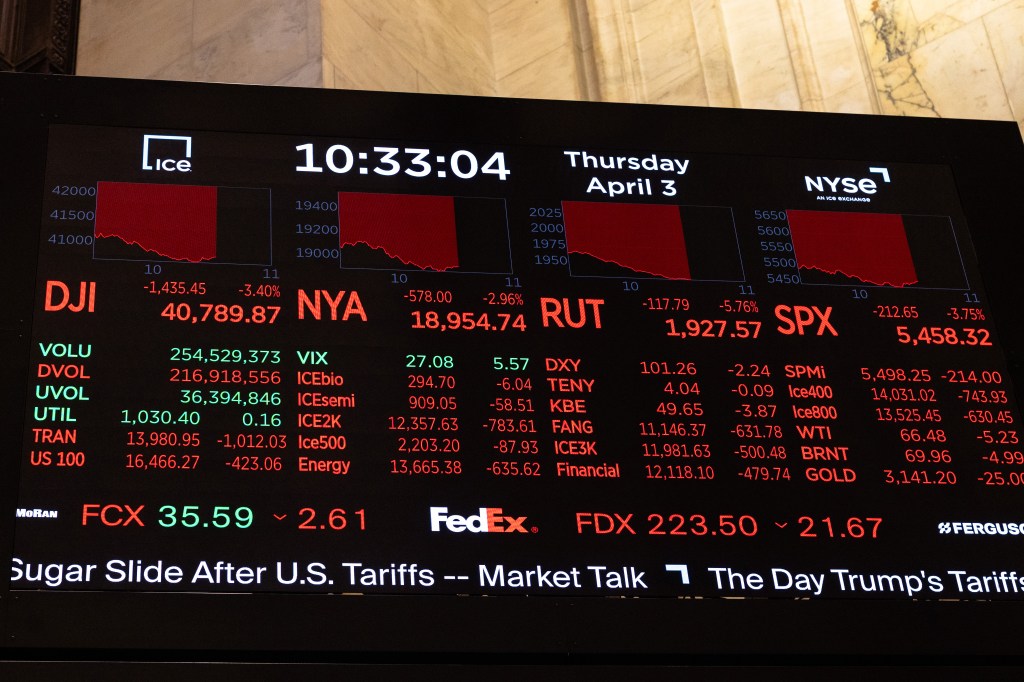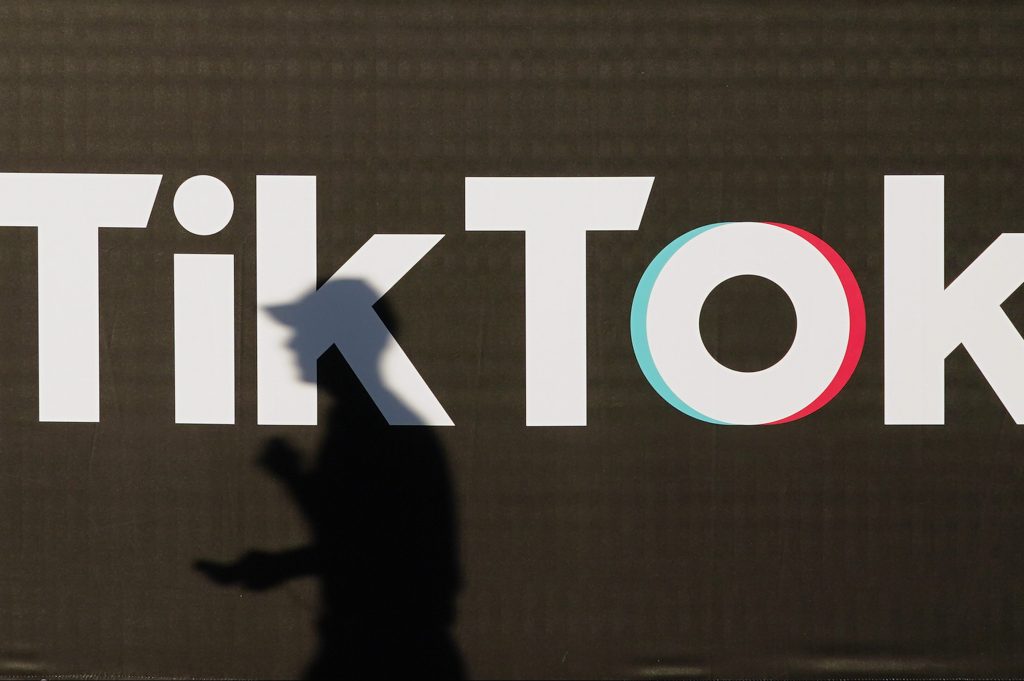The US House of Representatives has approved foreign aid packages for Ukraine, Israel and Taiwan as part of a legislative package that also included a national security bill containing a potential TikTok ban. The ban requires the app’s Chinese parent company ByteDance to divest within nine months, and the Senate should take it up imminently.
The bill would also bar the company from controlling TikTok’s most valuable asset: its algorithm that feeds users’ videos based on their interests.
The measure passed 360-58 in the House, and the new one-year timeframe to sell the app represents a bump-up from the six-month period proposed in a prior bill, which should appease some concerns expressed by US lawmakers during the last attempt to ban the app.
If ByteDance can’t find a buyer within that time, TikTok, which has 170 million users in the US, would be banned there. The bill gives the White House an option to extend that deadline another 90 days if the president determines there’s progress toward a sale, though.
President Joe Biden has promised to sign the legislation.
TikTok fights back
It is considered unlikely that TikTok or the Chinese government will agree to the terms of a forced sale, and the company has criticized the proposal as a violation of free speech and potentially harmful to small businesses. TikTok has also pointed out in a post on X that revenues through the use of its social media service amount to $24 billion going to the US economy, annually.
It has spent $5m on ads against the legislation since mid-March, according to the ad-tracking firm AdImpact, and it has indicated it could challenge the legislation in court. A court challenge over the law would set the stage for a much broader argument; namely, Americans’ right to access digital information.
The app is an incredibly popular one among young Americans, but US officials deem it a national security risk. TikTok maintains that it has never been asked to provide US user data to the Chinese government and would not comply if asked to do so.
China targets US social media
Congressional action comes as China steps up its longstanding campaign against US and other foreign messaging and social-media services. Last week, Beijing forced Apple to help close a loophole that some Chinese users had been exploiting to access banned services within China, including two of Meta’s apps, WhatsApp and Threads.
China’s efforts to manipulate people in other countries on social media has led it to become the third most common source of foreign influence operations, behind Russia and Iran, according to Meta, the parent company of Facebook and Instagram. Meta has taken down five Chinese networks of fake accounts in 2023, the most of any country this year, the company said in a report published late last year.













